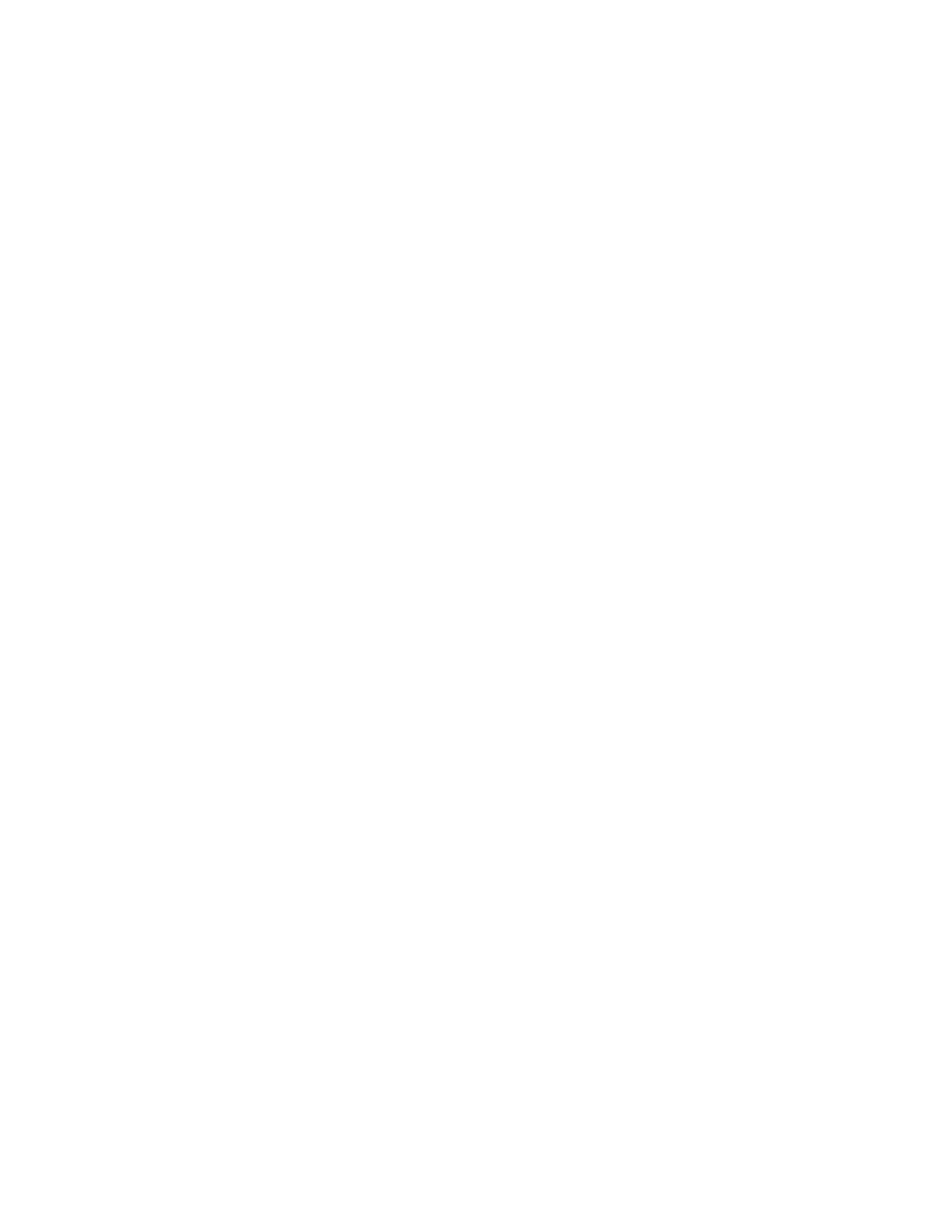

•
Read your messages before you send them.
•
Avoid using ALL CAPITAL LETTERS BECAUSE MOST PEOPLE INTERPRET ALL
CAPITAL LETTERS AS SHOUTING.
•
Online discussions can be rather informal, but try to express yourself using proper spelling,
capitalization, grammar, and punctuation so that your message can be clearly understood.
•
Do not use text and chat abbreviations (e.g., OMG, BTW) because not everyone will know
these abbreviations.
•
Always respond to other people respectfully; do not attack.
•
Avoid offensive language because as a college student you should be learning to express
yourself more eloquently than the average person.
•
Do not make discriminatory or hurtful comments about anyone based upon race, sex, gender
identity, disability, religion, and sexual orientation. Remember, we live in a world that has a
lot of diversity of beliefs and customs.
•
Be careful when using humor and sarcasm because humor is highly subjective. Consider
using emoticons {e.g., :) ;-) :-0 } if you are not sure whether the reader will know you are
making a joke. Humorous comments are a great way to help people get to know you, but
again, carefully scrutinize the comments you make; many psychologists argue that most
humor is a form of aggression because there is typically a victim in a joke. (If you doubt this
viewpoint, watch a stand-up comedian on TV or the internet and you will notice that there is
typically a victim, i.e. a blonde, redneck, etc., in the jokes; sometimes the victim is the
comedian him-/herself.)
•
When you send an e-mail message, make sure that the subject line accurately describes what
the message is about.
Academic Integrity and Conduct:
Academic dishonesty, including but not limited to the following
below shall be subject to disciplinary procedures:
•
cheating
•
plagiarism
•
knowingly furnishing false information to the college
•
forgery
•
alteration or misuse of college documents or records
•
dual submission
The integrity of the academic program and degree rests on the principle that the grades awarded to
students reflect only their own individual efforts and achievement(s). Students are required to
perform the work specified by the instructor and are responsible for the content of work submitted,
such as papers, reports, examinations, and other work. Violations of academic integrity include
various types of plagiarism and cheating.
Plagiarism (including self-plagiarism):
Plagiarism is presenting the written, published or creative
work of another as the student’s own work. Whenever the student uses wording, arguments, data,
design, etc., belonging to someone else in a paper, report, oral presentation, or other assignment, the
student must make this fact explicitly clear by correctly citing the appropriate references or sources.
The student must fully indicate the extent to which any part or parts of the project are attributed to
others. The student must also provide citations for paraphrased materials. Plagiarism can result in


















